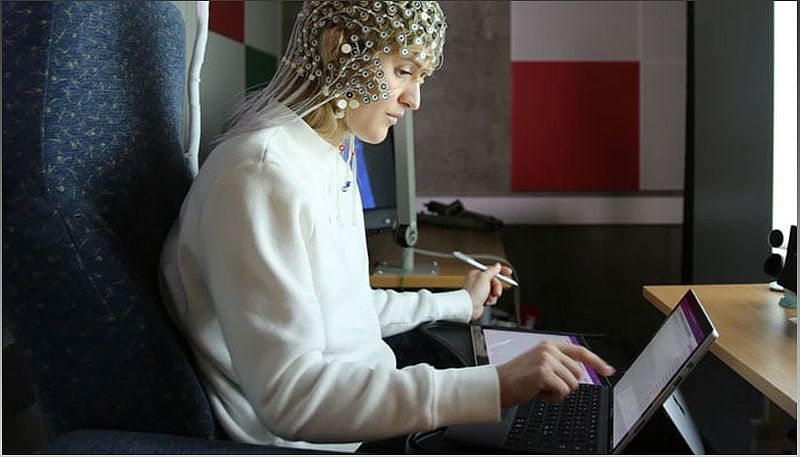Did you know that handwriting goes beyond communication? Recent research in neuroscience conducted by the Norwegian University of Science and Technology has shed light on the hidden intricacies of handwriting. This study, involving 36 university students, delved into how the brain responds to writing. The findings uncovered that handwriting activates almost the entire brain, while typing falls short in stimulating brain activity. Handwriting requires active visualization and fine motor skills, making it a cognitive exercise that engages the mind. This article explores the role of handwriting in education and highlights the importance of recognizing its unique cognitive benefits. Join us as we delve into the fascinating world of handwriting and unlock the mind's full potential.
The Importance of Handwriting in Education
Handwriting plays a crucial role in education, going beyond the mere act of writing. Research has shown that the cognitive benefits of handwriting cannot be ignored. When students write by hand, they engage in active visualization of letters and develop precise fine motor skills. These processes stimulate the brain and enhance memory-related functions.
Furthermore, handwriting allows students to connect with the content on a deeper level. It promotes better retention of information and improves overall understanding. The physical act of writing also encourages creativity and self-expression, which are essential skills for personal and academic growth.
As technology continues to advance, the debate over whether schools should continue to teach handwriting persists. However, a balanced approach that recognizes the importance of the digital world while appreciating the unique cognitive benefits of handwriting seems to be the way forward. By incorporating both digital and handwritten tasks, educators can ensure that students develop a well-rounded set of skills that will serve them in the future.
The Neuroscience Behind Handwriting
Neuroscience research has revealed that handwriting has a profound impact on the brain. In a study conducted by the Norwegian University of Science and Technology, participants were asked to write in cursive using a digital pen or type the same words using a keyboard while their brain waves were recorded.
The findings showed that handwriting activates almost the entire brain, whereas typing only elicits minimal brain activity. When we write by hand, we engage in active visualization of letters and precise fine motor skills. This process stimulates various regions of the brain, including those responsible for language, memory, and creativity.
On the other hand, typing requires less brain activity as it relies more on muscle memory and repetitive movements. While digital typing has its advantages, it does not provide the same cognitive benefits as handwriting. Understanding the neuroscience behind handwriting emphasizes its importance as a cognitive exercise that unlocks the mind's full potential.
The Cognitive Benefits of Handwriting
Handwriting has been found to have numerous cognitive benefits, particularly in relation to memory. When we write by hand, we actively engage with the information, which enhances our ability to remember it. The physical act of writing helps to imprint the information in our minds, making it easier to recall later.
Additionally, research has shown that handwriting activates different parts of the brain compared to typing. It stimulates the areas responsible for language processing, spatial awareness, and motor skills. These cognitive processes work together to improve overall cognitive function and boost memory-related functions.
Furthermore, handwriting allows for greater creativity and personal expression. It enables individuals to develop their unique writing style and adds a personal touch to their communication. The cognitive benefits of handwriting cannot be replicated by digital typing alone, making it an essential skill to cultivate.


